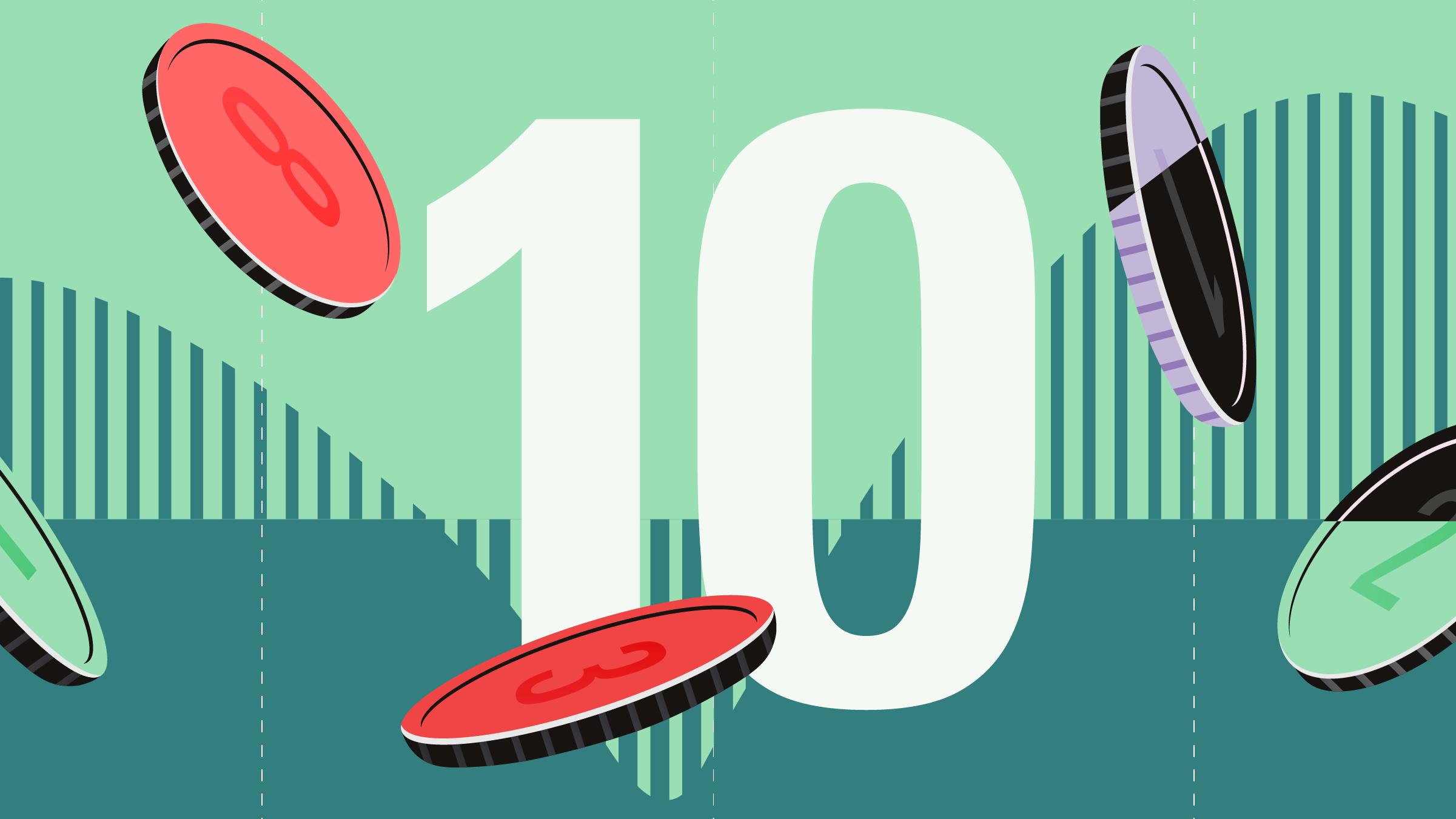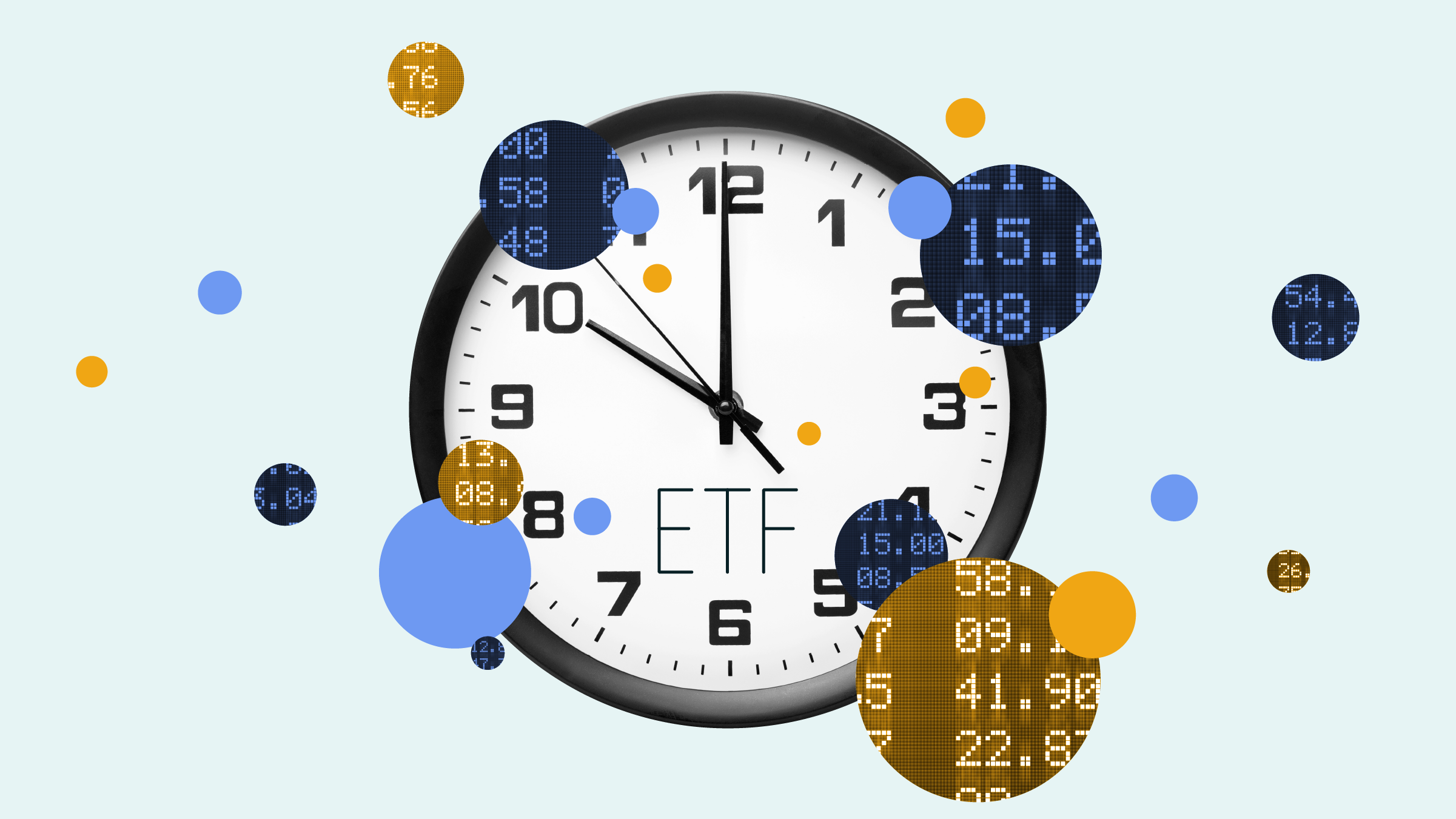Holly Black: Welcome to Morningstar. I'm Holly Black with me is Niklas Kammer. He is an equity analyst at Morningstar in Amsterdam. Hello.
Niklas Kammer: Hi, Holly.
Black: So, Niklas, you've been doing a real big, deep dive into the banking sector in light of the coronavirus pandemic. I suppose the main question is, are the banks safe?
Kammer: Yeah, we think overall European banks, are in a much better shape than in 2008. In our stress test, we try to figure out what needs to happen before things start to break. And the overall outcome is that European banks are well prepared for this pandemic. We also found that investors should look for three characteristics in determining a bank’s safety. So, number one, high common equity tier one surplus; number two, high probability for loan losses, and third, less reliance on net interest income.
Black: Okay, so I think one of the biggest concerns for investors over the past few months, particularly in the UK is that banks have been cutting their dividend. They were told they had to by the regulator. And do you think we can expect to see dividend payments come back anytime soon?
Kammer: Yes, this is obviously an important question for many investors looking for a stable income flow, investing in banks, and we think we have to provide some context why regulators demanded banks to suspend dividends. And first and foremost, banks are seen as part of the solution rather than the cause of the problem. So, there's a stark contrast compared to 2008. And we believe many investors are strongly anchored to the financial crisis over a decade ago, as it's still fresh in everyone's mind. Banks are crucial and that they provide credit and liquidity to the economy, which is desperately needed in times like these. As a result of capital requirements however, banks have to set aside capital for each loan they hand out. Fearing that banks may become constrained in their ability to extend this needed credit, when capital is distributed by dividends instead, regulators took the decision to suspend dividends. So why does this nuance and why banks are not paying dividends matter from an investor's point of view, it gives support to our view that banks are well capitalised to weather this pandemic and that they should get through it without the need to raise capital, or in the worst case close the doors altogether. So, while we think that 2019 dividends, which have not been distributed yet, and 2020 dividends are likely to be cancelled fully. We think banks should be able to resume cash distributions in late 2021.
Black: Okay, so we've just finished the second quarter of the year. So, we're going to start seeing those earnings results from that period. What are your expectations for the UK banks that you look at?
Kammer: Yes, for all European banks and banks globally really, but obviously also for the UK banks there is one large overarching theme, which is loan loss provisioning. At the beginning of the coronavirus pandemic, it was clear that we would only start to see material impacts on loan losses starting in the second quarter. Loan schemes to small and medium sized enterprise and furlough work schemes will undoubtedly have soften the impact on the economy, which probably will reduce or even postpone credit defaults. So, it is possible that we will not get complete picture around -- of loan losses to come yet -- just yet.
More bank specific we expect Barclays to likely show another good quarter stemming from its trading business, benefiting from the market volatility we have seen in the recent months. Although we would keep an eye out for their credit card exposure in the U.S. RBS just recently announced its restructuring plan including a significant downscaling of its investment bank, as well as cost saving initiatives. Obviously, RBS did not envision a global pandemic when the plan was hatched. So, we will be looking out for updates and any progress they were able to make to date. And lastly, for Lloyds, we are interested to hear management's view on its positioning for what appears to be a prolonged low interest rate environment. Lloyds’ business is most exposed to low interest rates given its large mortgage book as well as larger retail deposit funding base, which typically we view as a strength, but it can squeeze margins when interest rates are low.
Black: Niklas, thank you so much for your time. For Morningstar, I'm Holly Black.




















